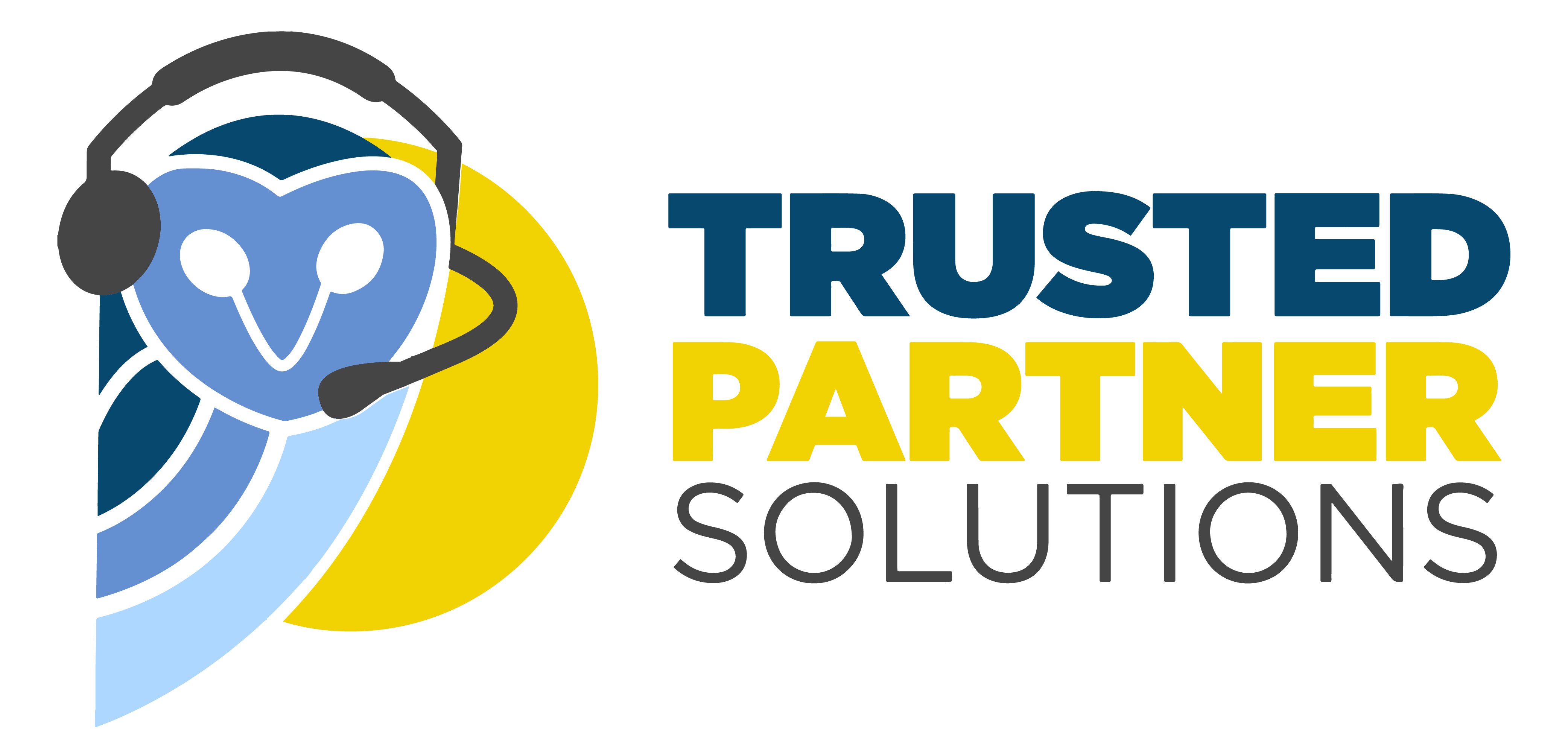
Are you a healthcare provider looking for a HIPAA-compliant virtual assistant for your health clinic? Then you are in the right place!
Explore the benefits of having HIPAA-compliant VAs and why you need one in your team.
In this article, we will discuss:
- What is a HIPAA Virtual Assistant?
- What Does a HIPAA Compliant Virtual Assistant Do?
- What You Need to Know Before Hiring a HIPAA Virtual Assistant
- What are the Benefits of a HIPAA Compliant Virtual Assistant?
- Choosing the Right Virtual Assistant Company
- Frequently Asked Questions (FAQs)
- Final Thoughts
Key Takeaways
- A HIPAA virtual assistant is a certified professional who complies with the Health Insurance Portability and Accountability Act (HIPAA) regulations.
- A HIPAA-compliant virtual assistant is more capable than a regular VA in managing administrative and operational tasks for healthcare facilities.
- It is crucial for medical practitioners to hire only HIPAA-compliant VAs and ensure adherence to the legal frameworks outlined in the legislation.
Patient Access is the most crucial touchpoint between a patient and a healthcare provider. It is where patients access their GP, pharmacy, and health records.
Given the importance of the information exchanged, the healthcare industry is now outsourcing virtual assistants to help with non-core daily tasks, including administrative, operational, and patient-facing tasks.
However, healthcare professionals prefer hiring HIPAA-compliant virtual assistants to maintain patient confidentiality, mitigate risk, and ensure compliance with the Health Insurance Portability and Accountability Act (HIPAA).
Also read: Top 5 Tools Every Remote Team Needs for Effective Communication and Productivity
What is a HIPAA Virtual Assistant?
The Health Insurance Portability and Accountability Act of 1996 (HIPAA) is crucial legislation that establishes a clear standard for managing, transferring, and safeguarding health information (PHI). Compliance with this act is crucial to meeting safety protocols and maintaining patient and provider trust.
A healthcare institution may face severe consequences for non-compliance, making it essential for every clinic to maintain the highest standards of HIPAA compliance.
Therefore, a HIPAA virtual assistant is a certified professional who complies with the Health Insurance Portability and Accountability Act (HIPAA) regulations.
These virtual assistants are required to follow strict guidelines, which include:
- Ensuring secure communication practices across all channels
- Implement privacy safeguards to protect PHI
- Follow strict guidelines to protect confidential information
- Undergo HIPAA training programs to acquire certification
- Stay updated with ever-changing security policies and procedures
- Enforce strong access controls and secure authentication protocols.
A HIPAA-certified virtual assistant is required to implement these protocols across all healthcare operations, guaranteeing patient data remains protected throughout its lifecycle.
Also read: Why Your Insurance Agency Needs a Virtual Assistant
What Does a HIPAA-Compliant Virtual Assistant Do?
Considering the busy schedules of every healthcare institution, having competent medical virtual assistants to handle all non-core tasks is more critical than ever.
A HIPAA-compliant virtual assistant is more capable than a regular VA in managing administrative and operational tasks, empowering medical professionals to focus on what truly matters: delivering quality healthcare services.
From performing time-consuming processes to providing fast virtual solutions, a HIPAA-compliant VA performs the following tasks:
Administrative Support
Like every industry, healthcare professionals also require comprehensive administrative support. MVAs are required to ensure smooth operations and handle daily tasks accurately and efficiently.
Their key functions include:
- Scheduling Appointments: VAs manage appointments, bookings, cancellations and rescheduling.
- Follow-Ups: Taking feedback and giving reminders are also key aspects of a VA’s duties.
- Maintaining Records: keeping the record of all patients safe and structured digitally.
Also read: 5 Key Benefits of Outsourced Administrative Support to Boost Your Bottom Line
Revenue Cycle Management
Managing the revenue cycle efficiently to maintain financial stability. Responsibilities include:
- Insurance Verification: Timely confirming insurance coverage and eligibility of a patient before procedures.
- Claims Processing: Ensuring timely reimbursements by submitting insurance claims.
- Billing and Coding: Providing accurate medical codes for different treatments, procedures, and diagnoses. This information is crucial for insurance claims and recordkeeping.
Patient Communication
Clear communication is the cornerstone of ensuring patient satisfaction and building trust. MVAs are responsible for:
- Managing Patient Inquiries: This includes responding to queries related to services, office hours, or policies.
- Providing Appointment Reminders: VAs send reminders through automated messages or calls to minimize no-shows.
- Coordinating Prescription Refills: assisting patients with medication renewals through coordination with pharmacies and healthcare providers.
Also read: Top 5 Tools Every Remote Team Needs for Effective Communication and Productivity
Record Management
Accurate record-keeping is also a responsibility of a medical VA. This practice ensures compliance with HIPAA while keeping confidential patient data safe and structured. Tasks include:
- Medical Record Management: this responsibility revolves around keeping patient records updated, organized, and error-free.
- Compliance Audits Support: VAs are also responsible for assisting in preparing documentation required for audits.
- Ensuring Secure Storage of PHI (Protected Health Information): VAs encrypt sensitive data and restrict unauthorized access by strictly following HIPAA guidelines.
Also read: 5 Essential Tips for Hiring the Best Virtual Assistant for Your Business
What You Need to Know Before Hiring a HIPAA Virtual Assistant
Before you start the hiring process, you need to consider the following key points:
Business Associate Agreement (BAA)
As per HIPAA regulation, you must have a Business Associate Agreement (BAA) in place when you onboard a medical virtual assistant.
This contract binds the VMA to handle confidential patient information as per the HIPAA guidelines. Therefore, get the contract signed before you give them access to any confidential information; otherwise, you may face serious consequences.
HIPAA Training and Certification
The most crucial aspect of hiring a medical virtual assistant is ensuring the candidates undergo HIPAA training.
Candidates must understand the critical importance of data security. They should be well-versed in securely storing data and prepared to handle any issues, ensuring they are fully informed about all aspects of the role.
Also read: Mastering Remote Delegation: 5 Proven Strategies for a Stress-Free Workflow
Use Secure Tools
HIPAA guidelines are quite strict regarding security protocols. Always ensure that the virtual assistant you hire has access to secure technology infrastructure.
The VAs will be accessing patient information and must use encrypted technology platforms that comply with HIPAA requirements. This includes:
- Using encrypted communication channels
- Logging in through VPNs for a secure connection
- Having multi-factor authentication (MFA) in place for extra protection
Ongoing Monitoring and Training
You need to supervise and regularly assess the performance of your virtual assistant.
Regular training and monitoring will keep them updated on regulations and ensure they meet the required efficiency, compliance, and professionalism standards.
These evaluations can also help you identify areas of improvement, address recurring issues, and guarantee industry best practices.
So here is what you can do:
- Provide ongoing training on HIPAA guidelines
- Keep your VAs updated with evolving regulations
- Offer workshops and train them on new technologies
Also read: Here’s How You Can Save Up to 70% in Labor Costs by Outsourcing
What are the Benefits of a HIPAA Compliant Virtual Assistant?
Cost-Effective Solution
Hiring full-time, HIPAA-compliant in-house staff is expensive and financially unfeasible for many healthcare practitioners. However, onboarding a VA can significantly reduce labor costs.
In addition, healthcare practitioners save on overhead expenses, such as workspace, equipment, and employment benefits.
Enhanced Patient Satisfaction
HIPAA regulations are all about patient satisfaction. By entrusting a HIPAA-compliant virtual assistant, healthcare practitioners feel confident and at peace knowing their patient’s confidential data is safe.
Additionally, medical VAs are more trained in industry practices and ensure all inquiries are promptly solved, patient appointments are managed promptly, and data is stored in secure systems.
This level of personalized service leads to a pleasant overall patient experience.
Enhanced Security
VAs that have received HIPAA certification use secure systems to handle Protected Health Information (PHI), ensuring that confidential data is secure from unauthorized access or breaches.
Adherence to HIPAA Guidelines
A medical virtual assistant is familiar with HIPAA guidelines and strictly follows all security protocols, ensuring compliance across every task and process.
They undergo regular training that keeps them updated with the rules and regulations. This allows them to implement best industry practices and mitigate risks associated with non-compliance.
Also read: Why Outsourcing is the Smart Choice: Top 11 Benefits for Businesses in 2024
Choosing the Right Virtual Assistant Company
Trust and safety are two aspects that cannot be compromised in the healthcare industry. Therefore, it is crucial for medical practitioners to hire only HIPAA-compliant VAs and ensure adherence to the legal frameworks outlined in the legislation.
You also need to partner with a trusted outsourcing company like OWL TPS, one of the top outsourcing companies in the US that strives to grow your business!
With years of experience working with many industries, we have delivered high-quality, result-driven virtual receptionist solutions. Our client-centric approach empowers businesses to function at their maximum potential.
But Why Hire Us?
- We can connect you with top remote talent from across the world, allowing you to save up to 70% on labor costs.
- We have worked with hundreds of organizations across different industries, helping them transform their business operations.
- We believe in fostering collaboration and teamwork, enabling us to achieve mutual growth and long-lasting success.
- We follow a comprehensive onboarding process, from shortlisting candidates to conducting detailed interviews. This process allows us to find the ideal virtual assistant for your company.
- Our relationship with our clients is based on trust and integrity. We conduct our business with utmost honesty, transparency, and ethical practices.
Also read: Why OWL TPS is the Best Choice for Hiring Virtual Assistants
Frequently Asked Questions (FAQs)
We have answered the most frequently asked questions for your guidance and assistance.
Can’t find the information you’re looking for? Feel free to contact us – we’re here to help!
- Why is HIPAA Compliance Essential for Virtual Assistants?
Virtual assistants in the healthcare industry must abide by the guidelines set by HIPAA. Compliance with the act ensures the protection of sensitive patient data and maintains trust between healthcare providers and patients. In case of non-compliance, the institution may face severe consequences, including heavy fines and a bad reputation.
- How can HIPAA-compliant VAs improve efficiency?
Like every virtual assistant, HIPAA-compliant VAs provide comprehensive administrative support, ensuring smooth operations and accurate and efficient daily tasks. This external support allows in-house employees to focus on core business operations, making them more efficient and productive.
- How do you ensure that you have hired a HIPAA-compliant VA?
It is essential to ensure that you have hired a HIPAA-compliant VA. Here are some ways you can verify their status:
- Always hire from a reputed outsourcing agency that conducts background checks
- Test their knowledge of HIPAA regulations. You can also conduct regular audits using HIPAA-compliant tools.
- How can healthcare institutions cut costs with HIPAA-compliant virtual assistants?
Hiring a HIPAA-compliant VA will be significantly cheaper than hiring an in-house resource. The main reason is that virtual assistants are primarily recruited from developing nations where the cost of living is significantly cheaper than in the US. Therefore, outsourcing can help you save up to 70% in labor costs.
- Can a HIPAA-compliant VA protect patient information?
A HIPAA-compliant VA can protect patient information by leveraging secure technology infrastructure. The VAs use encrypted technology platforms that comply with HIPAA requirements.
- What tasks do medical virtual assistants perform?
A HIPAA-compliant virtual assistant is more capable than a regular VA in managing administrative and operational tasks, empowering medical professionals to focus on what truly matters: delivering quality healthcare services.
Their responsibility include:
- Administrative Support
- Revenue Cycle Management
- Patient Communication
- Record Management
Also read: In-House vs. Outsourcing: Which One is More Effective for Your Business?
Final Thoughts
In short, hiring a HIPAA-compliant virtual assistant is a cost-effective solution for scaling your healthcare business while managing daily administrative tasks and safeguarding confidential patient data.
Therefore, we recommend only HIPAA-compliant virtual assistants over other VAs because of the following reasons:
- Medical VAs are trained and have years of experience handling administrative tasks of various healthcare facilities.
- VAs without experience in the medical industry might not be a good fit because they lack the discipline and tools to carry out their responsibilities accurately and precisely.
- HIPAA-compliant VAs are trained and follow strict guidelines for data security, including encrypted communication, secure access controls, and safe storage systems.
Healthcare is a highly regulated industry and requires compliance with HIPAA as its basic requirement. By hiring a compliant VA, you ensure the highest privacy and security standards are being met.
Contact us now to streamline your healthcare operations, boost efficiency, and ensure compliance by outsourcing healthcare support today!




